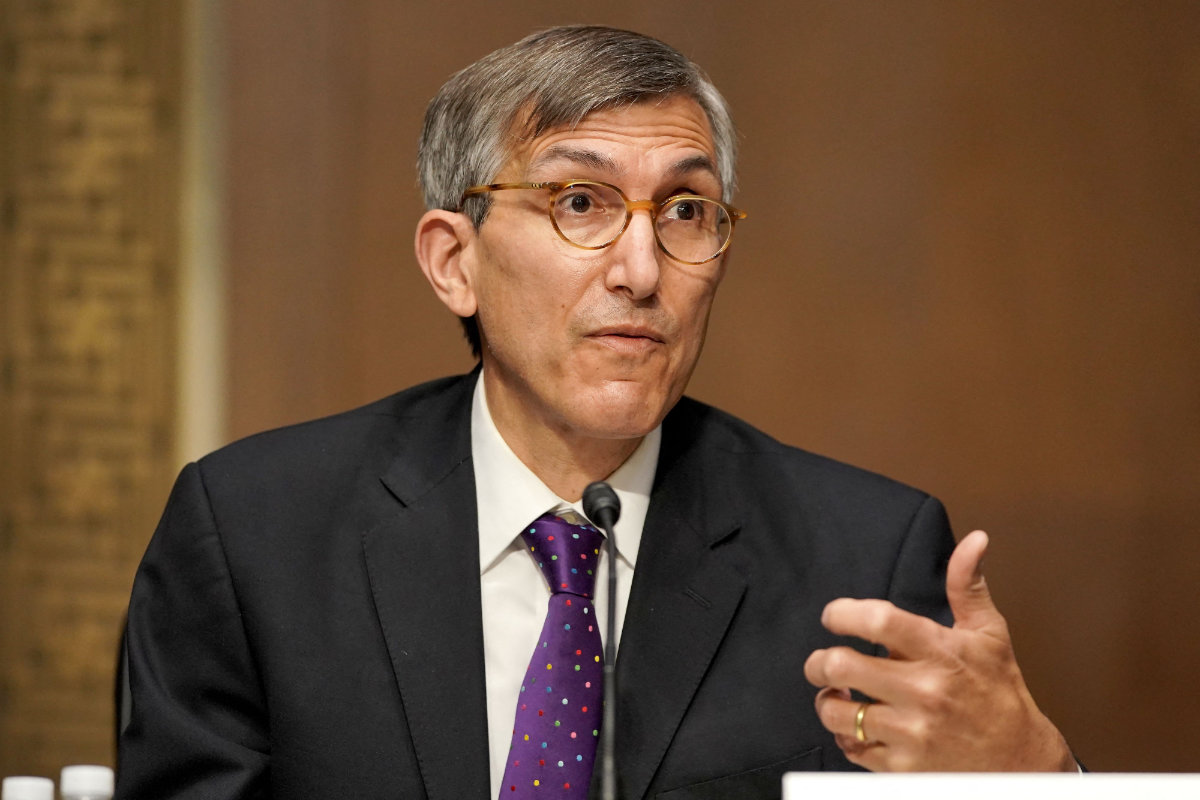TBILISI/BRUSSELS: Georgia’s prime minister on Thursday said an EU commissioner had hinted he could face an assassination bid over a controversial law but the official said the conversation had been distorted.
Georgian premier Irakli Kobakhidze said the unnamed commissioner told him to be “very careful,” citing this month’s assassination attempt on Slovakia’s Prime Minister Robert Fico, while discussing the legislation likened by critics to Russian-style laws.
The bill requires NGOs and media outlets that receive more than 20 percent of their funding from abroad to register as bodies “pursuing the interests of a foreign power.”
President Salome Zourabichvili has vetoed the bill, but the ruling Georgian Dream party has the numbers in parliament to override her veto in a vote next week, despite mass protests and sweeping global condemnation.
Critics say the measure mirrors Russian legislation used to stifle dissent, while Brussels warns it is “incompatible” with Tbilisi’s longstanding bid for European Union membership.
Kobakhidze said that “amid open blackmail” by high-ranking foreign politicians, an EU commissioner had called him to outline “measures, which Western politicians could take if the presidential veto is overridden.”
In what Kobakhidze called a “horrific threat,” he quoted the commissioner as saying: “You’ve seen what happened to (Robert) Fico and you must be very careful.”
Fico, a Euroskeptic populist, was shot four times at point-blank range on May 15. Slovak police arrested a 71-year-old suspect who said he had wanted to hurt Fico because he disagreed with government policies.
“As a precautionary measure, I decided to inform Georgian society of that threat,” Kobakhidze added in a statement.
EU Commissioner Oliver Varhelyi said later: “I would like to express my very sincere regret that a certain part of my phone conversation was taken out of context.”
Georgia’s ruling party has faced widespread accusations of derailing the country from its EU membership path and leading the ex-Soviet republic back toward the Russian orbit.
But the party insists it is committed to EU and NATO membership — which are enshrined in the country’s constitution and supported by more than 80 percent of the population.
It has repeatedly accused Western countries of attempts to drag Tbilisi into Russia’s war on Ukraine.


























